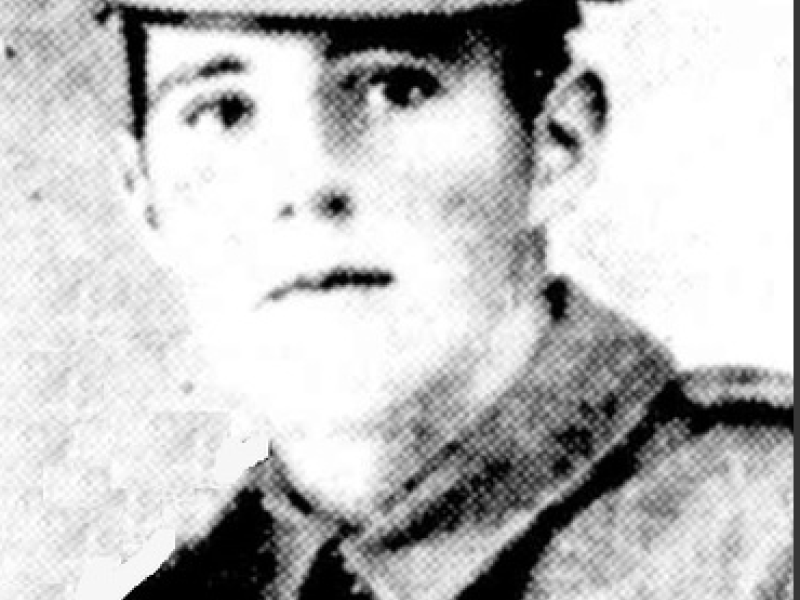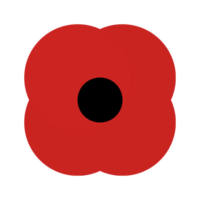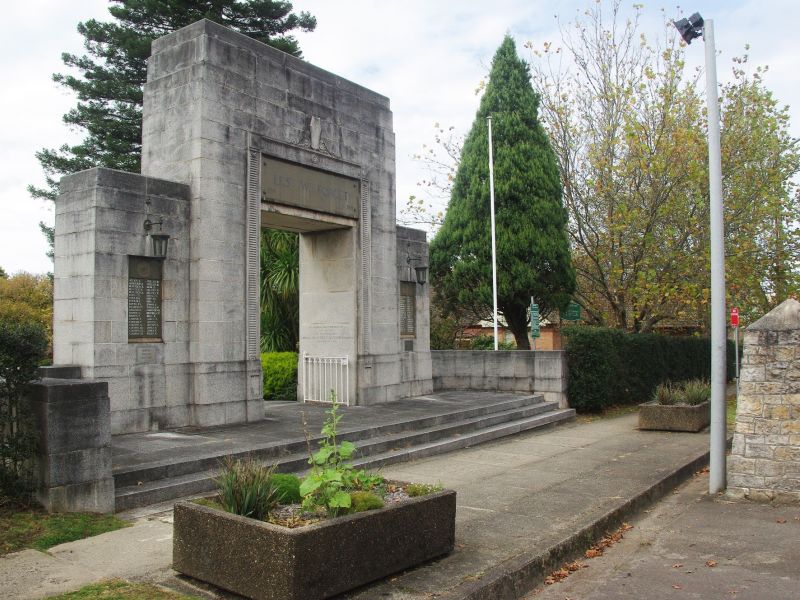Private Vivian Francis David Sprague, 2nd Battalion, AIF
Vivian “Vic” Sprague was born in 1896 in Blackheath, New South Wales, to George and Sarah Sprague, the second of two sons.
Due to his short, stocky disposition, he was lovingly referred to by his family as “Fatty.” He attended the local public school, and by the First World War, was working as a shop assistant.
His elder brother Dudley was amongst the first wave of men to enlist, joining the 13th Battalion and sailing with the second convoy in December.
Sprague enlisted with parental consent on 20 April 1915. He was taken on strength of the 2nd Battalion at 2am on 6 August, along with two officers and 135 other men from the 6th reinforcements.
It was a momentous day. The long-planned August Offensive, in which Allied forces tried a series of actions to end the stalemate and gain control of the Gallipoli peninsula from the Turks, would begin that day.
The Australian positions were a scene of frenetic activity as they prepared for the attack on Lone Pine.
At 2pm, three mines were detonated forward “the Pimple” position. Half an hour later, the 1st Brigade began making their way forward. The bombardment of Turkish positions began around 4.30pm. At 5.30pm, with the sun setting behind the Australians, the attack began.
The 2nd Battalion’s war diary contains an account of the charge:
“Three short whistle blasts sounded [and] was taken up along the line. Our men cleared the parapet [and] left the recesses in the new firing line and attacked with vigour. The enemy’s artillery opened up with shrapnel. Their machine guns also came into action at once … the space … between our[s] and the enemy’s trenches was heavily swept with fire.”
It was during the initial charge that Private Sprague was killed. He was 19 years old.
In late 1915, Dudley Sprague made an enquiry to the Red Cross on behalf of his parents about Vivian’s fate. Private Frederick Frost, a member of the same group of reinforcements as Sprague, provided evidence about his mate’s death, stating that he had been in the charge on Lone Pine with Sprague and had seen him fall.
Second Lieutenant Dudley Sprague returned to Australia in 1919. After landing at Gallipoli on the morning of 26 April, he was involved in fierce fighting around Quinn’s Post. He was evacuated to Egypt at the end of May suffering nervous exhaustion and did not return to Gallipoli. He served in England from 1916 until 1918 and qualified as a pilot with the Australian Flying Corps only days before the end of the war.
Vivian Sprague was believed to have been buried at Lone Pine but his remains were unable to be positively identified after the war. Today, a special memorial headstone in the Lone Pine Cemetery commemorates his death. Recorded under his name is the epitaph: “Their glory shall not be blotted out”.
Michael Kelly, Historian, Military History Section
- Australian War Memorial https://www.awm.gov.au/collection/AWM2017.1.137

 Australian War Memorial
Australian War Memorial